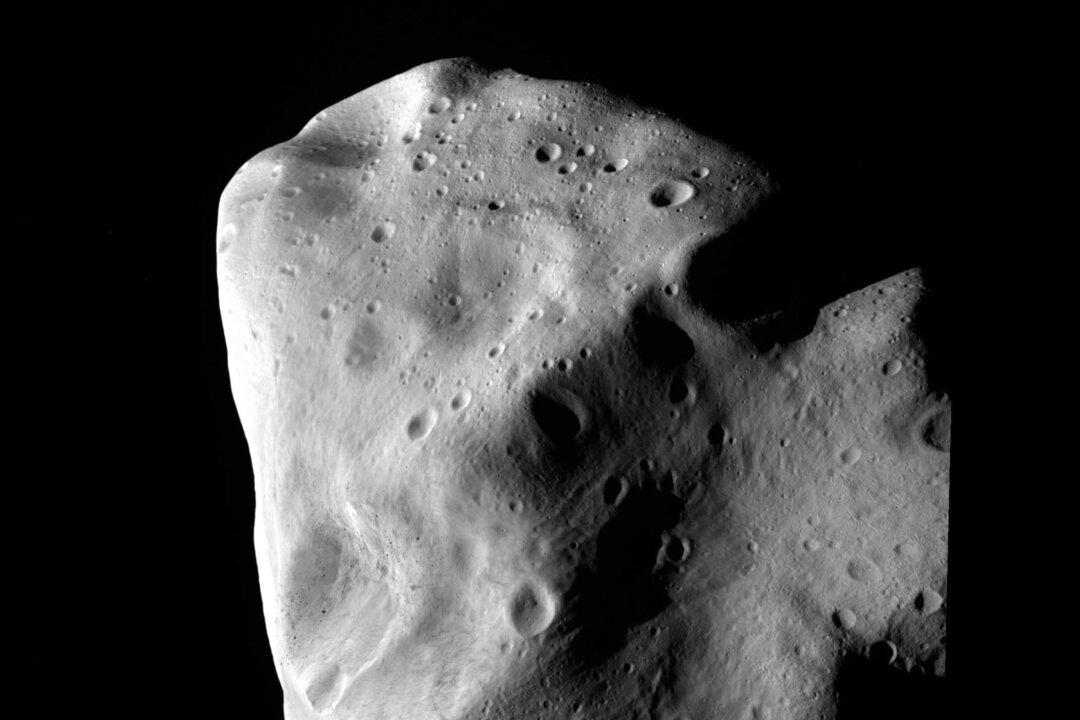The Senate has passed legislation expected to spur the development of the space mining industry, by establishing property rights for minerals harvested in outer space and lengthening the period for which space companies would be exempt from certain regulatory bodies.
Passed with broad bipartisan support on Nov. 10, the U.S. Commercial Space Launch Competitiveness Act would vouchsafe the investments made by companies in the burgeoning space mining industry by guaranteeing that minerals they extract from asteroids are recognized as property in the United States.
The House version of the bill was passed in May, and President Obama is expected to sign it into law.
“This bill provides the boost America’s private space partners need as they lead the world into the future,” Rep. Lamar Smith (R-Texas), chair of the House Science, Space, and Technology Committee, said in a statement. “This bill will keep America at the forefront of aerospace technology, create jobs, reduce red tape, promote safety, and inspire the next generation of explorers.”
Rare earth minerals are abundant on asteroids throughout the solar system, including the six platinum group metals, and the value of minerals buried inside a single asteroid could figure in the hundreds of billions. The wealth has engendered a space age equivalent to the Gold Rush, and earlier this year the space mining company Planetary Resources successfully tested a prospecting satellite in orbit.





